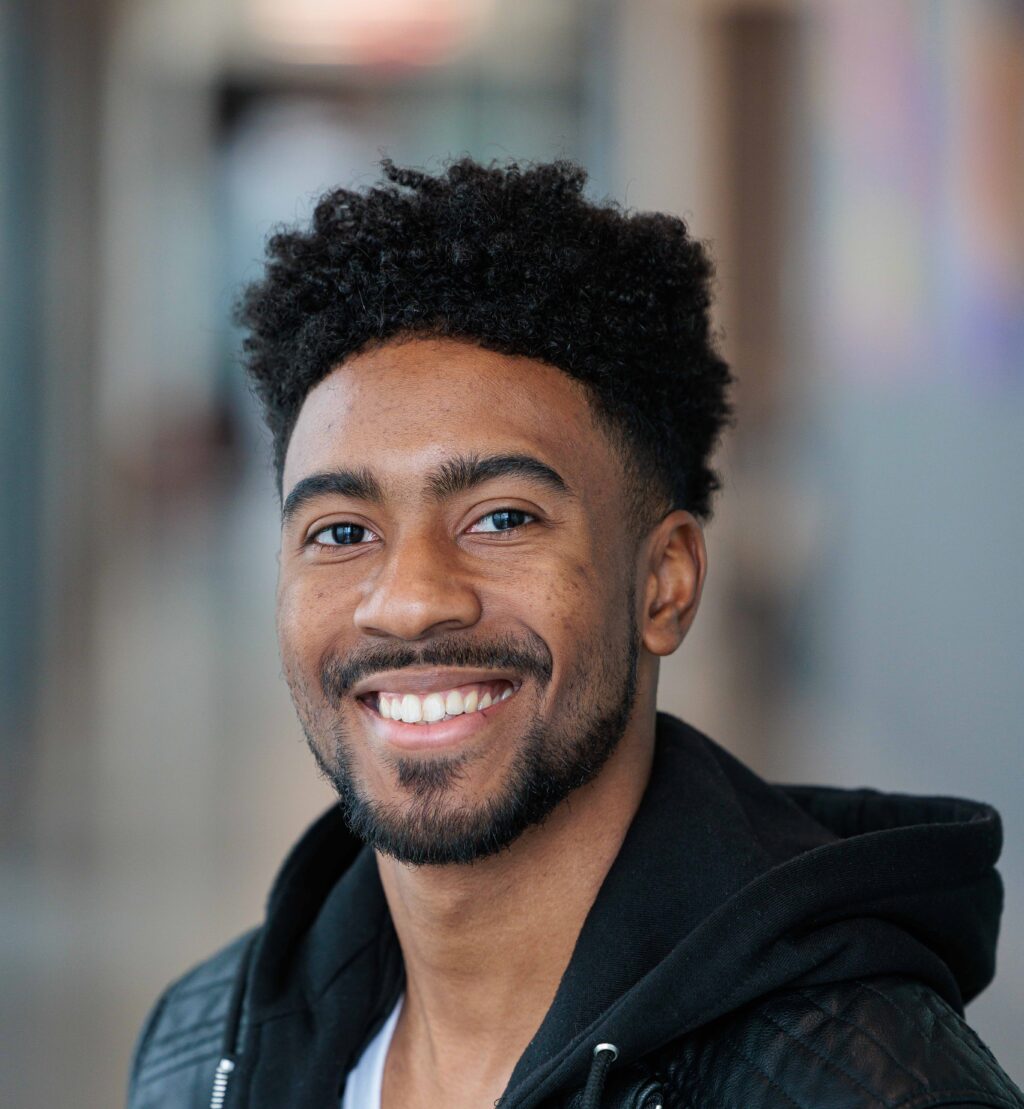George Edwards
A new nonprofit organization is making its mark on UWG’s campus. Led by Club President Timothy Vanjohnson Jr., Wolves Don’t Waste aims to tackle food insecurity and waste.
The organization is a chapter of the Food Recovery Network, a national student-led organization established in 2011 by students at the University of Maryland.
“We fight food insecurity and wastage by the recovery of food and through future efforts of education and advocacy,” says Vanjohnson. “We have a designated place on campus called Wolf Haven, where we store the food for students to access free of charge.”
The Haven is located in the Campus Center, behind the rock-climbing wall, away from the majority of the Center’s foot-traffic.
“We chose behind the rock-climbing wall specifically because it’s discreet,” says Vanjohnson. “We thought, hey, some people may not wanna be seen, so we have it back there for a reason.”
The food Vanjohnson and his team recover comes from a mixture of on-campus and off-campus sources, with Dine West and Good Neighbor among them.
“Dine West has been amazing, I’d like to say we’ve become really good friends with them. Our bond is growing stronger with the employees there and the leaders,” says Vanjohnson. “They’re all really great people.
“When we first went to recover, I think we were all a little nervous or uncertain of how things were gonna go. We were positive but itwas like ‘We’ve never recovered before’,” continues Vanjohnson. “The staff at Dine West were so nice to us. They were really welcoming. They helped show us where all the utensils and things were. They were there for us when we needed it.”
The group started as a passion project of UWG Professor Melissa Brillhart over the summer of 2022 and the team was ready to make its first food recovery by March.
“She is super amazing,” says Vanjohnson. “She basically, this past summer contacted me and a few other students that are passionate about food wastage and insecurity and said ‘hey, here’s this organization, food recovery network, how would you like to start up a chapter in the fall?’
“We first recovered March 7 and since then we’ve had nine recoveries,” says Vanjhnson. “So far we have recovered 303 total pounds of food and we’ve also recovered 381 total meals.”
This impressive amount of food recovered cannot be accounted for by Vanjohnson and Brillhart alone, however. The recoveries take a team effort to ensure efficiency and hygiene.
“When we started out we would take 2-3 people because the kitchen space is small and we weren’t expecting to have a ton of food, says Vanjohnson.
“As we’ve continued to recover, it might actually be better for 3-4 people to recover because we are actually receiving a lot of food,” continues Vanjohnson. “So we’ve kind of adapted just to make things go smooth.”
Wolves Don’t Waste is part of a bigger picture in wellness at UWG in Vanjohnson’s mind.
“UWG is really taking wellness and running with it,” says Vanjohnson. “There’s a really big strategic plan in place that President Kelly has really been pushing. One of the objectives is ‘get healthy.
“Wolves Don’t Waste is actually part of this larger effort called Howl Against Hunger, which is fighting food insecurity and food wastage,” continues Vanjohnson. “I would really like to see Wolves Don’t Waste really integrate and continue to be a part of thathuge initiative and effort.”
Wolves Don’t Waste has a clear goal in mind when it comes to the wellbeing of Students and Faculty at UWG, and one can only wish the team well in continuing its course of aiding the welfare of those that need it.
“One thing that we want to do and continue doing on West Georgia’s Campus is serving everyone together,” says Vanjohnson. “We want everyone to be a part of a holistic solution and holistic service.”
You may also like
-
UWG’s Ingram Library Hosts Pop-Up Study Spot to Help Students Prepare for Finals Week
-
UWG Offers Mental Health Support And Academic Services To Maintain Student Success During Finals Week
-
UWG Alumnus Shares His Experience Exploring the Underground Flood Channels of Las Vegas
-
Georgia Students Simulate the Struggles of Dementia
-
UWG PR Students Score a Georgia Power Tour at Atlanta Corporate Office
